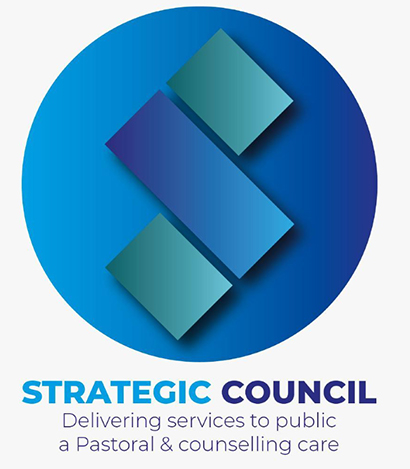Building Personal and Career Development
Personal and Career development
Mentoring is not counselling, because there is an assumption that the mentees involved in mentoring are well enough to engage in it on the above terms. If a mentee has sufficient emotional difficulties they will either need a trained counsellor to provide them with support in addition to a highly trained mentor or will simply need counselling.
Mentoring isn’t coaching;
Mentors do offer some of their life experiences and knowledge to help mentees, but still try not to be directive or to take too much control of the relationship. Coaching typically requires minimal and highly controlled sharing of experience and knowledge. It is important to recognise, however, that the skills involved in mentoring, coaching and counselling have a huge overlap of which empathy, listening and asking questions are key.
What is the role of a mentor?
The knowledge, advice and resources a mentor shares depend on the format and goals of a specific mentoring relationship. A mentor may share with a mentee (or protege) information about his or her own career path, as well as provide guidance, motivation, emotional support, and role modelling.
What does mentoring mean to you?
Mentoring is a powerful personal and career development tool that can enable the mentee to achieve or exceed their life’s goals and aspirations. A mentor according to Merriam-Webster is ‘a trusted counsellor or guide’. Depending upon the mentee’s needs a mentor: Shares knowledge and life experiences.


